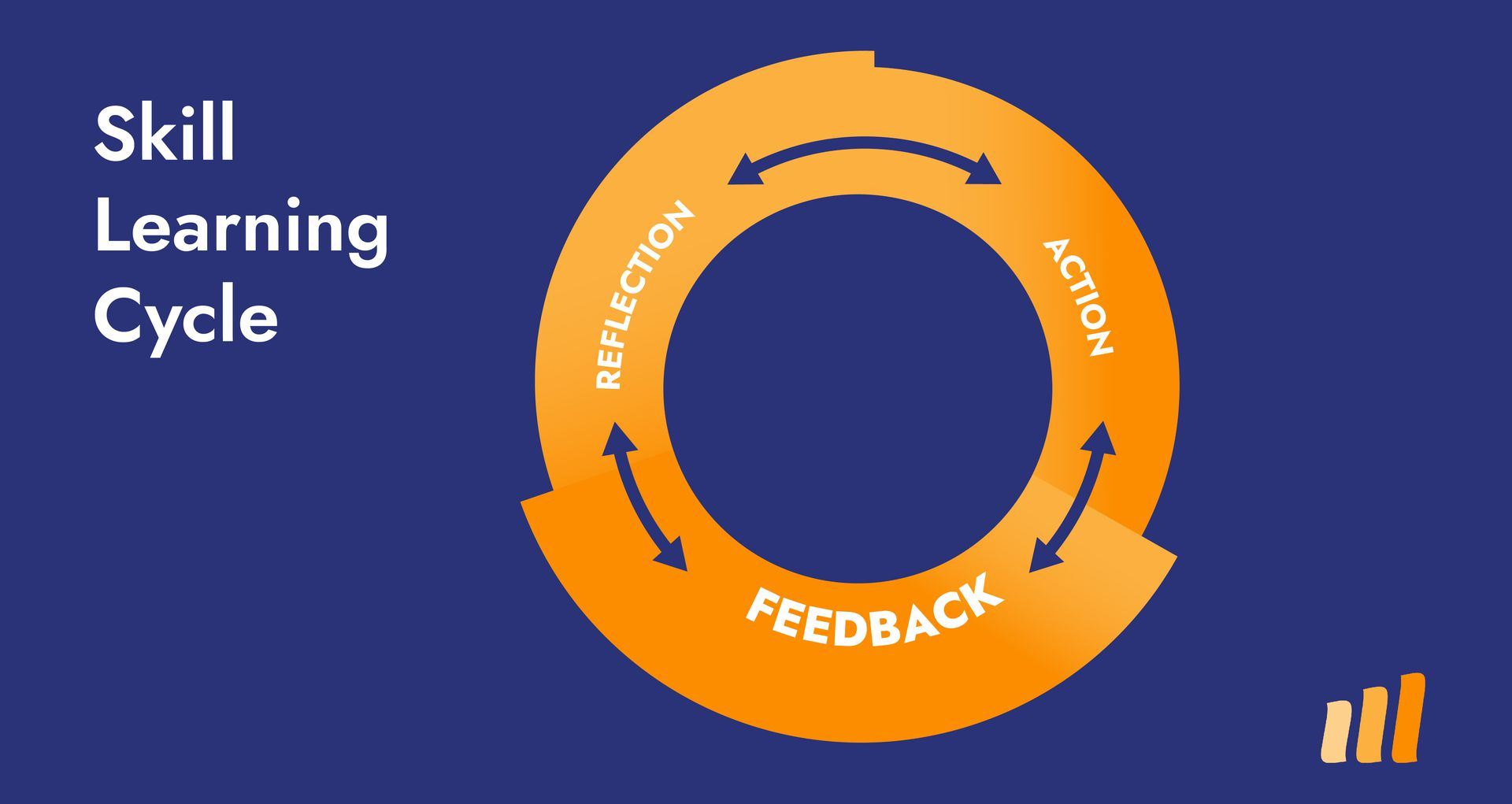Application
Skills intelligence results in a wealth of information on key trends and demands on skills development and the labour market. Informed decisions should be backed up by high-quality evidence. Skills and labour market data and information are becoming increasingly available. This data can support multiple stakeholders in their policy making processes, career guidance and counselling services, recruitment processes, provision of education and training, and design of initiatives to promote up-skilling and re-skilling, etc. It provides input for forecast and foresight exercises, anticipating future skills in the dynamic world of work.
Skills intelligence requires the identification of the users’ information needs, the elaboration of reliable data to address the request, the appropriate selection of indicators to select, the adoption of the most suitable data visualisation technique to provide the requested response. Developing skills intelligence is a process of interlinked steps performed by experts (or elaborate software), which transforms fragmented data and information to comprehensive ‘story-telling’, with policy or practical relevance.
Industry representatives, corporate HR managers, policy makers at national, regional, or local level, the research community, employment services, guidance practitioners, education and training providers, employers and even individuals (including young people, jobseekers, and others looking to make life decisions) can all benefit from skills intelligence.
Skills intelligence is also a valuable HR-tech architecture tool at organisation level. It enables the combination of skills insights at a market, organisational, and employee level to plan for the skills of the future. A talent management strategy is nowadays akin to a successful business strategy, and through skills intelligence, it is facilitated. Skills obsolescence is avoided by continually ensuring learning and development or effective recruitment to address skill gaps or imbalances within the organisation.

Cedefop Skills Forecast
Cedefop is one of the EU’s decentralised agencies. Founded in 1975 and based in Greece since 1995, Cedefop supports the promotion, development and implementation of the Union policy in the field of vocational education and training (VET) as well as skills and qualifications policies by working together with the Commission, Member States and social partners. To this end, it enhances and disseminates knowledge, provides evidence and services for policy-making, including research-based conclusions, and facilitates knowledge sharing among and between EU and national actors.
Skills intelligence lies at the core of Cedefop’s work and the agency has invested considerably in developing its online skills intelligence tools and databases. Cedefop online tools and databases turn complex and detailed data/information coming from various sources into easy-to-understand and visually engaging messages and insights. Examples include:
- The Cedefop Skills Forecast Tool presents quantitative data using user-friendly visualisations;
- The European Skills Index Visualises countries’ skill system performance by synthesising a number of quantitative indicators on skill development, utilisation and matching.